
What we believe about pastoral care
At St Oran’s College we recognise the vital role that pastoral care plays in the day to day lives of our students, as student wellbeing has clear links to physical, mental and spiritual health, positive relationships, academic and personal success.
He waka eke noa: We are all in this together. We believe that the pastoral care of our students is the shared responsibility of all adults in the school community and that all staff, parents and whānau have a role to play under the pastoral care umbrella.
We also believe that individuals are kaitiaki of their wellbeing, that it is something they should guard and protect. We believe that individuals have the ability to take actions to improve aspects of their wellbeing. We promote the idea of self-efficacy. This is the students’ belief that they have the ability to take action, to begin working towards a specific goal, task or solution.
We also believe that the Presbyterian principles of Education, Equality and Community underpin our pastoral care approach, helping us to identify what we stand for, stand on and aspire to be.
Our goal is to support individual students to be the best that they can be, and to embed proven wellbeing strategies across the whole school environment, in order to improve our students’ contextual wellbeing. Contextual wellbeing is a concept developed by Dr Helen Street, who defines it as ‘a state of health, happiness and positive engagement (in learning) that arises from membership of an equitable, inclusive and cohesive school environment.’
Examples of approaches and practices that promote contextual wellbeing include our vertical whānau group system, our House system, peer support, assemblies and year level meetings, whole school wellbeing initiatives led by our Senior Executive, our Tuakana-Teina relationships and Year 12 Wellbeing programme.
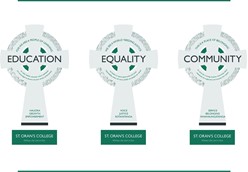
Key Pastoral Staff
Whānau Group teachers
Our vertical whānau group system, with each whānau group including students from every year level, is a pivotal part of our pastoral care system, encouraging relationships across year groups and fostering a sense of belonging and wellbeing. Our whānau group teachers play a vital role in the day to day life of their students and aim to foster positive relationships with students and their whānau. Whānau group teachers will often be the first point of contact with parents if there is a pastoral care concern.
Deans
We have four deans, each responsible for certain year levels. Our deans oversee year level initiatives and more challenging or ongoing pastoral care issues with students. We also have the additional support in the form of our Māori and Pasifika liaison dean, Mr Livisi Latailakepa. Deans hold regular year level meetings with students during Hapori time on Friday mornings, email parents from each year level once a term regarding general year level issues and meet with students or whānau when necessary. Deans will often be in the Wellbeing area during the school day to help students who need additional support.
The principal, Ms Amanda Gibbs, the deputy principals, Ms Cindy Ford and Mrs Philippa Carter, and assistant principal, Ms Ilana De Ras, are also part of the pastoral care team, meeting regularly with pastoral staff and supporting students and whānau when needed.
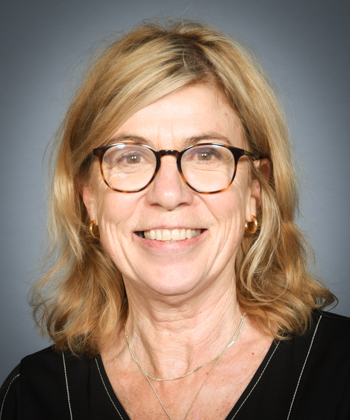
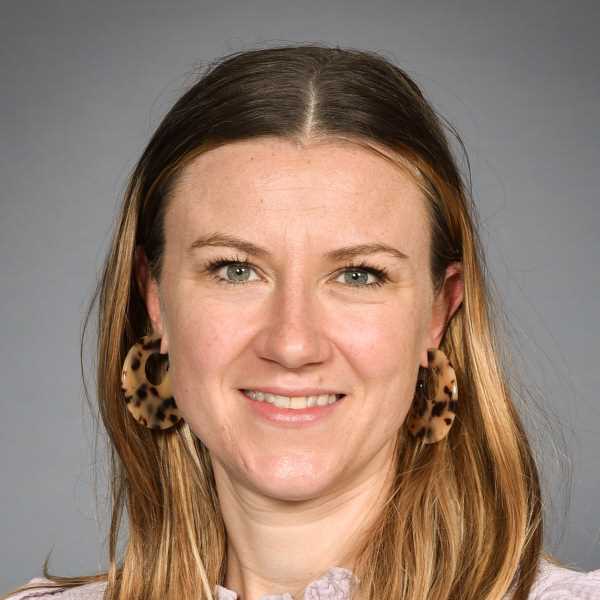
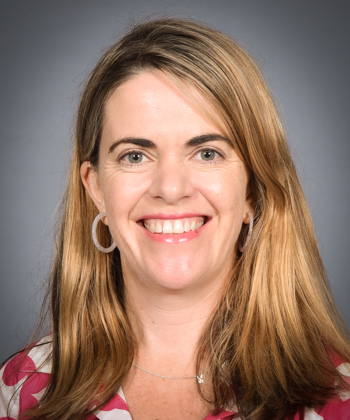
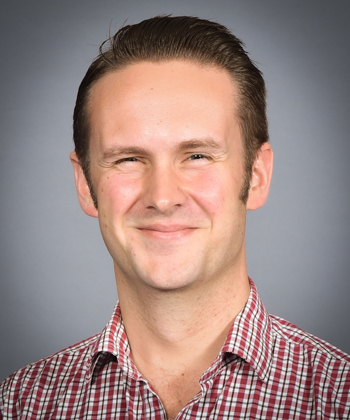
Counsellor
Our counsellor, Ms Johanna Pibal, provides additional care and support for students. Students can ask a teacher or dean for a referral, or can email Ms Pibal directly. Areas that Ms Pibal can assist with include anxiety, transitions, bullying, communication skills, confidence and self-image, depression, emotion regulation, family separation, grief and loss, parenting, relationships, stress management, and trauma. Ms Pibal works from Monday to Thursday. Ms Pibal can be contacted at [email protected]
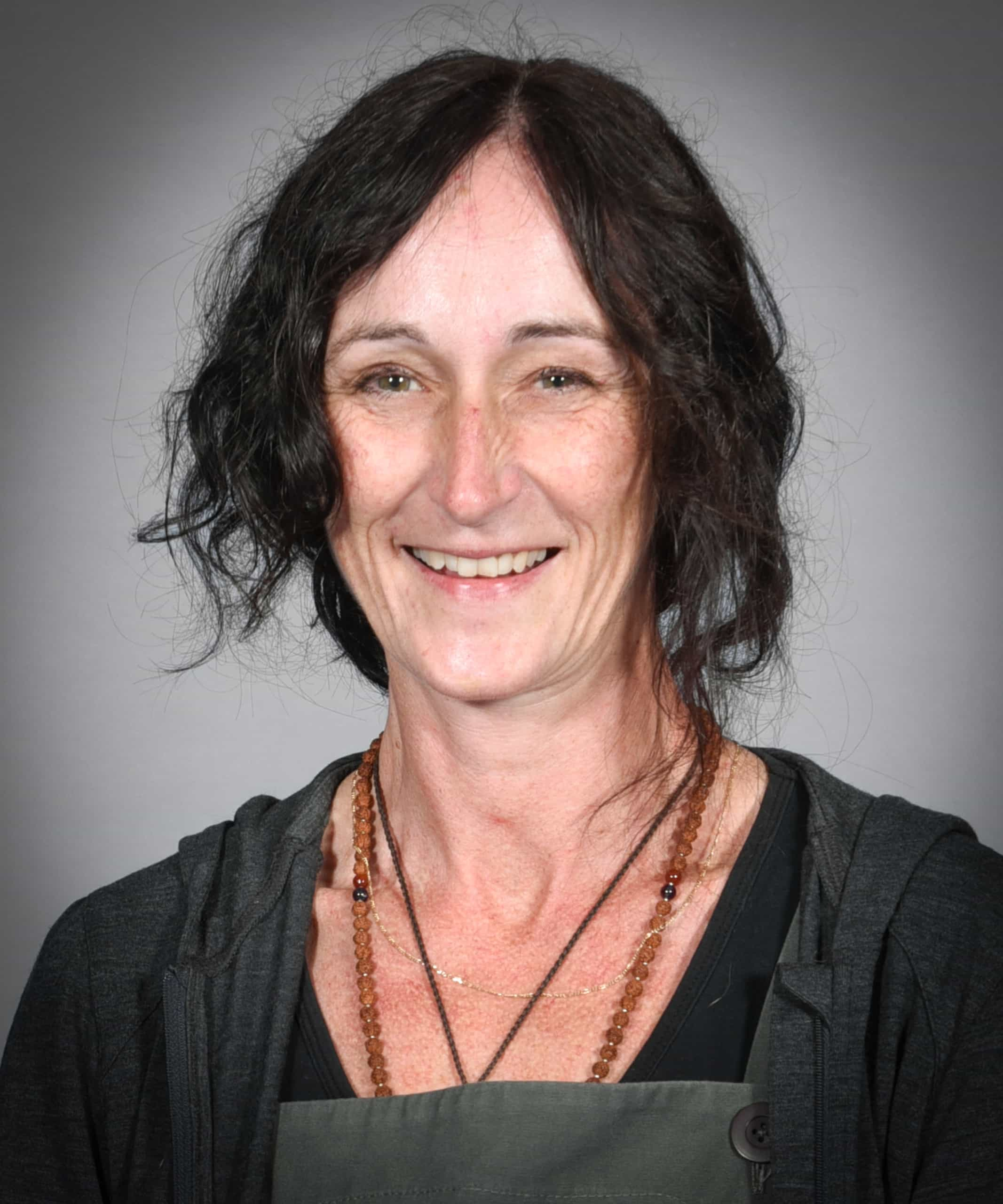
Chaplain
Our chaplain, Megan Ward, is central to the special character and pastoral care of our school, supporting students with their spiritual wellbeing. She is involved in planning the Christian Studies programme, leads Chaplain’s assemblies and school services such as Easter Service, and works with the student-led Special Character Council to promote our special character. Individual students can approach her if they require support for their wellbeing. Mrs Ward works Tuesday, Thursday and Friday. [email protected]
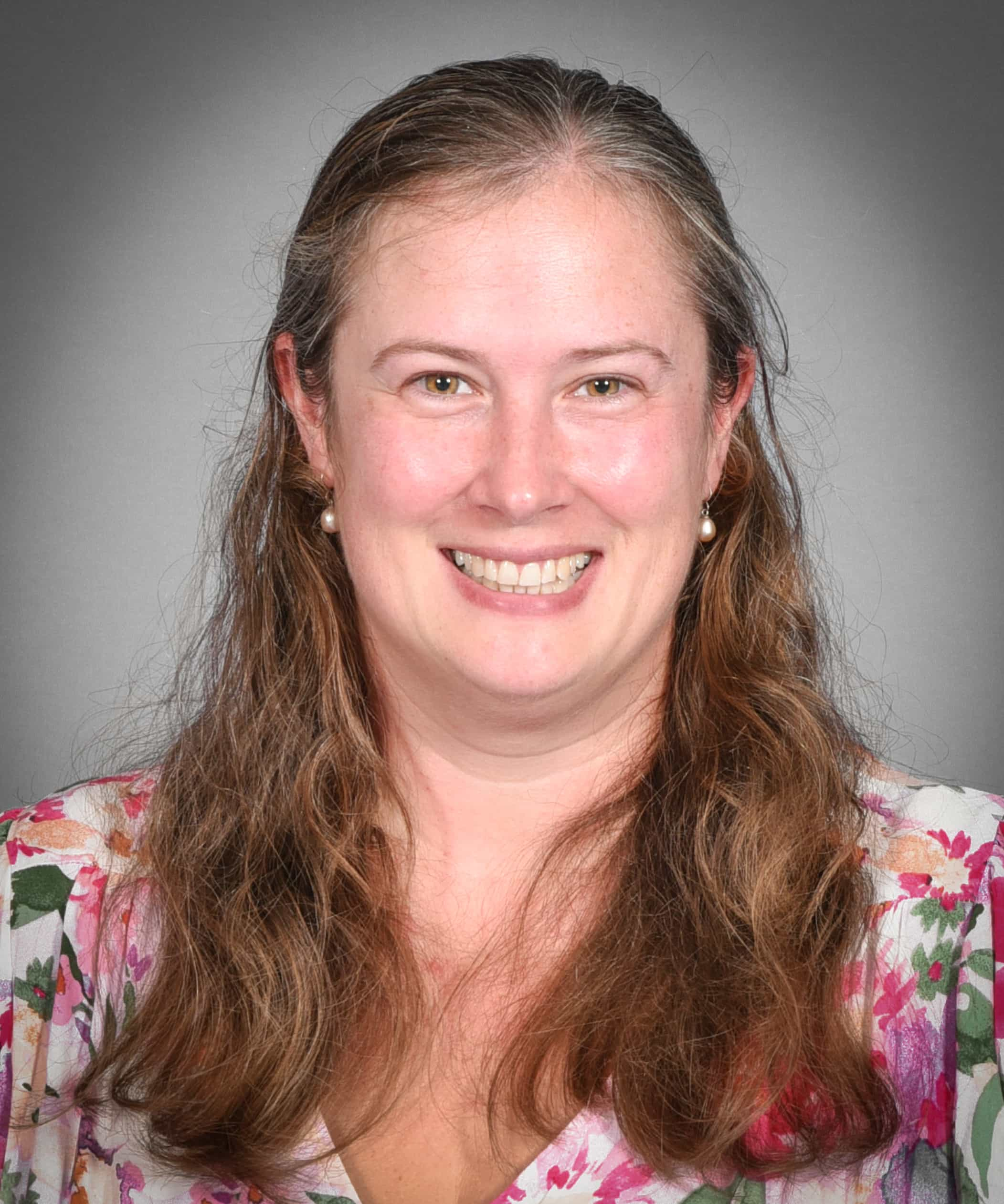
Careers Advisor
Julie Collow is the Careers Advisor and, as well as coordinating career related visits and courses, she is available to meet with students to help them answer questions about career decisions, subject choices and future pathways, as well as offering guidance about gaining employment. [email protected]
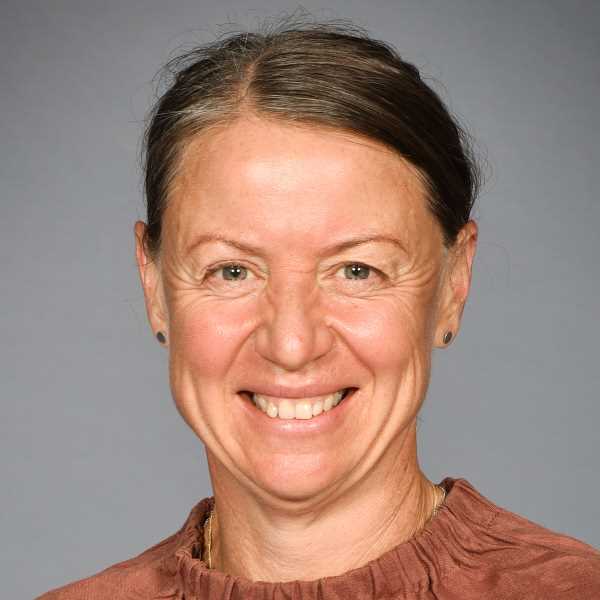
Teacher in Charge of Learning Support
Natasha Parsons coordinates Learning Support at St Oran’s, supporting students with specific learning needs, liasing with parents and outside agencies, assisting staff with strategies to adapt teaching and learning material, and also overseeing Special Assessment Conditions for eligible senior students. [email protected]
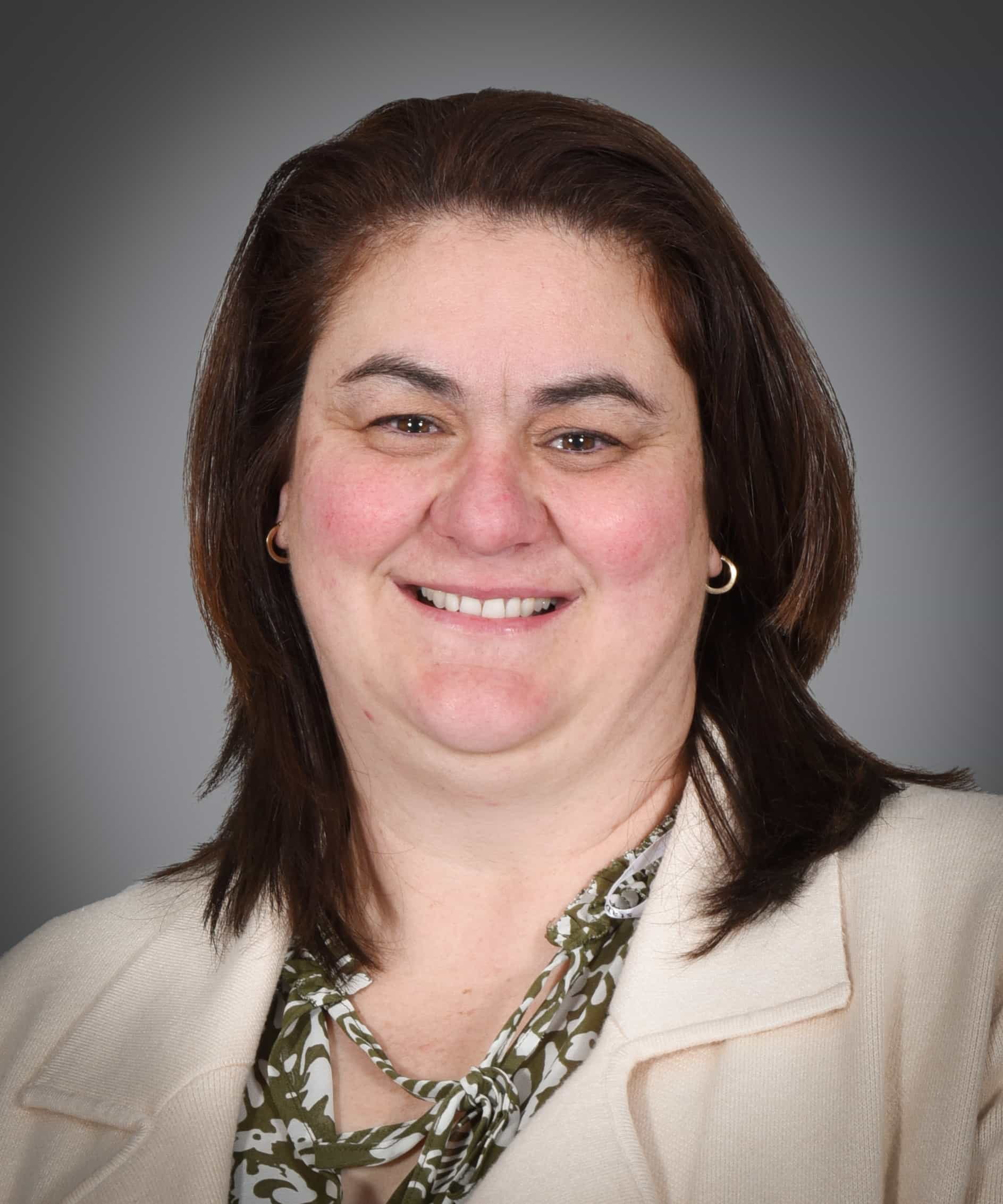
Wellbeing Models
Following consultation with students, whānau and staff in 2021, we decided to focus on two existing wellbeing models - Te Whare Tapa Whā and the Five Ways to Wellbeing. These models are both research based and align with our cultural and special character values.
The Te Whare Tapa Whā model is explicitly referred to when discussing wellbeing with students. This model is used across the curriculum, where relevant, such as in Food Technology, Health and Year 12 Wellbeing. Here is a link to a document which outlines more about this model and how St Oran’s approach to wellbeing links to this model.
Many in our school and wider community are already familiar with the The Five Ways to Wellbeing model, promoted by The Mental Health Foundation. More information about the research behind the model and a wide range of resources can be found on their website.
In most cases, the first point of contact for any matter relating to a student (academic, pastoral or extra-curricular) should be through your daughter's whānau group Teacher.
However, in some cases it may be useful to refer to the attached Who to Contact table.
At St Oran's we believe it is a sign of strength to ask for help. There are many options - choose the person from this list that you feel most comfortable to talk to.
EMPOWERING YOUNG WOMEN TO BE THE BEST THAT THEY CAN BE
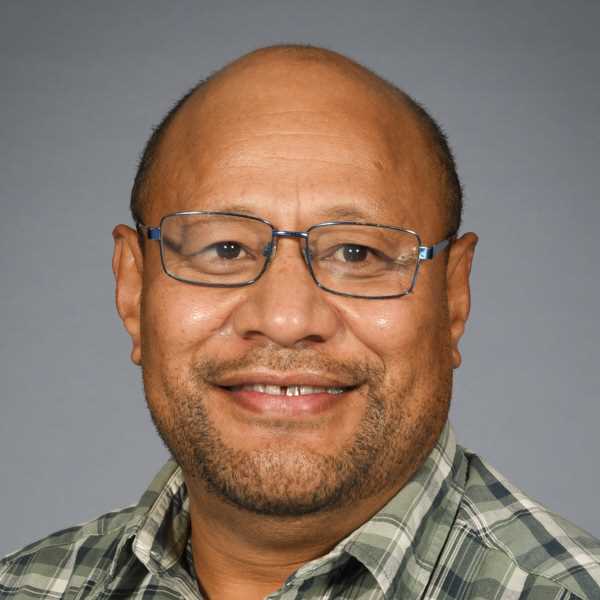
 Admin Login
Admin Login